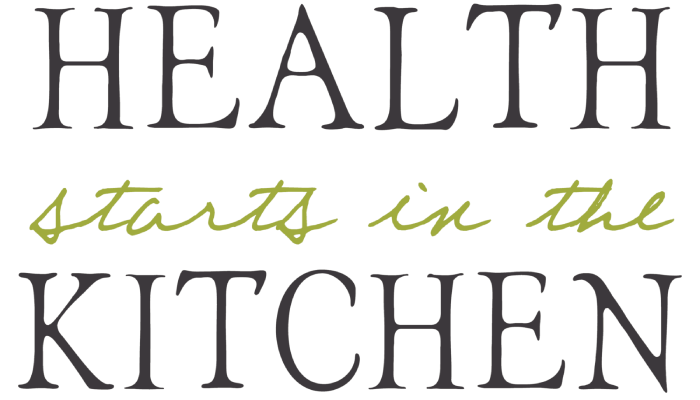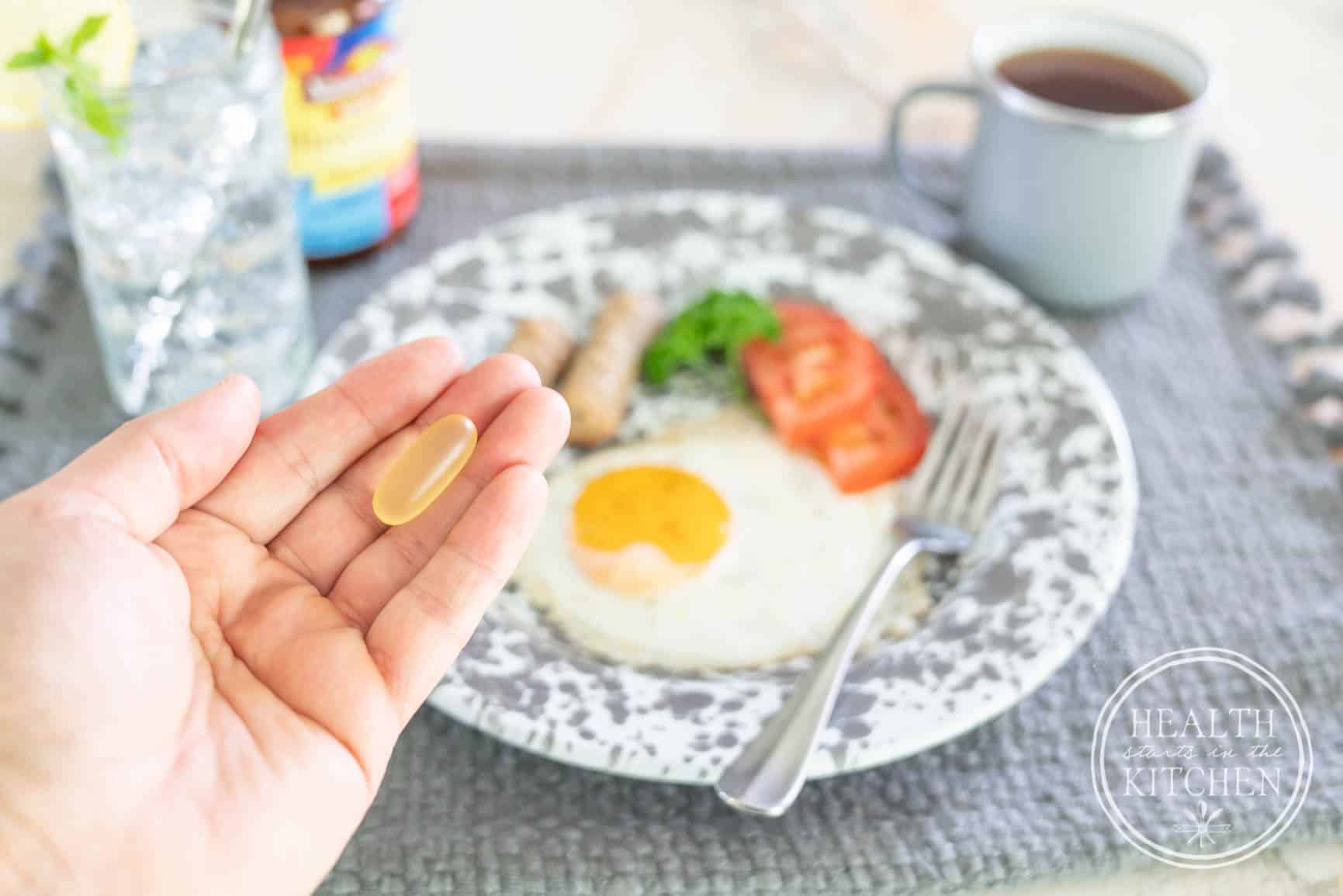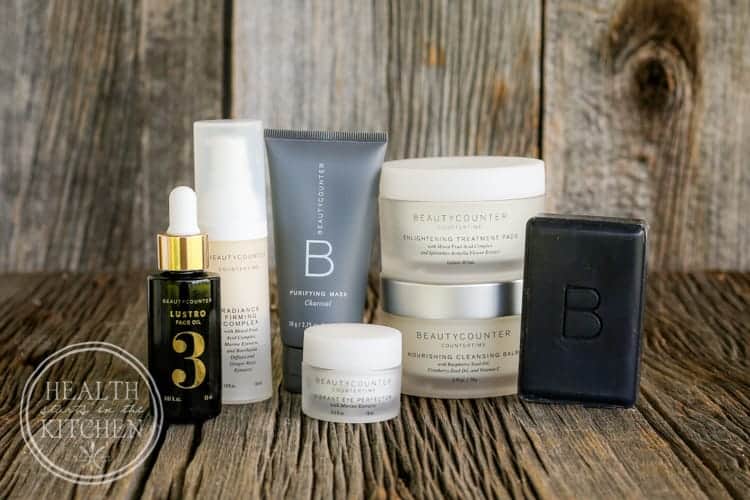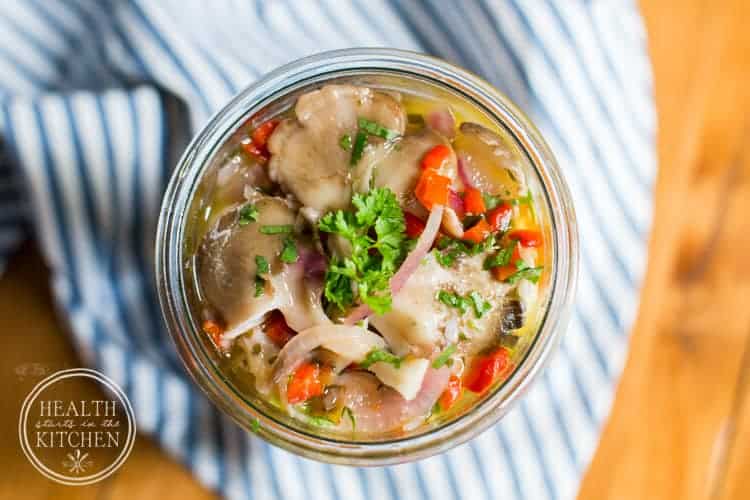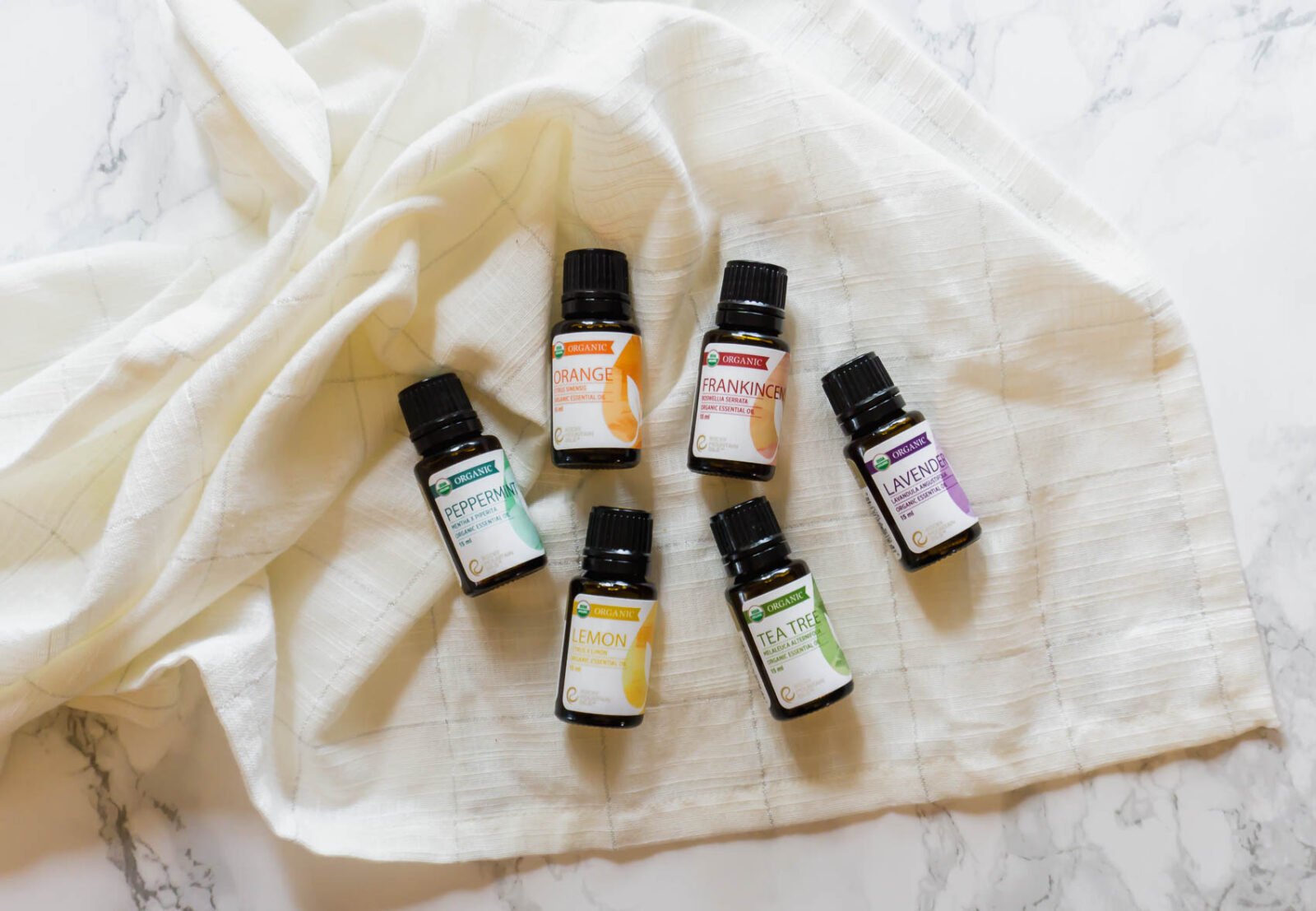Best Nutrition Tips For Your Pet Horse
Horses and humans have a long-lasting relationship that dates back thousands of years. Many people nowadays enjoy the company of a horse so much that they’ve decided to get them as pets.
However, taking care of a horse is a serious task. It involves many vet visits, creating the perfect ambient in the stable, brushing, cleaning, and feeding. It takes a lot of effort as well as money to take care of a horse.
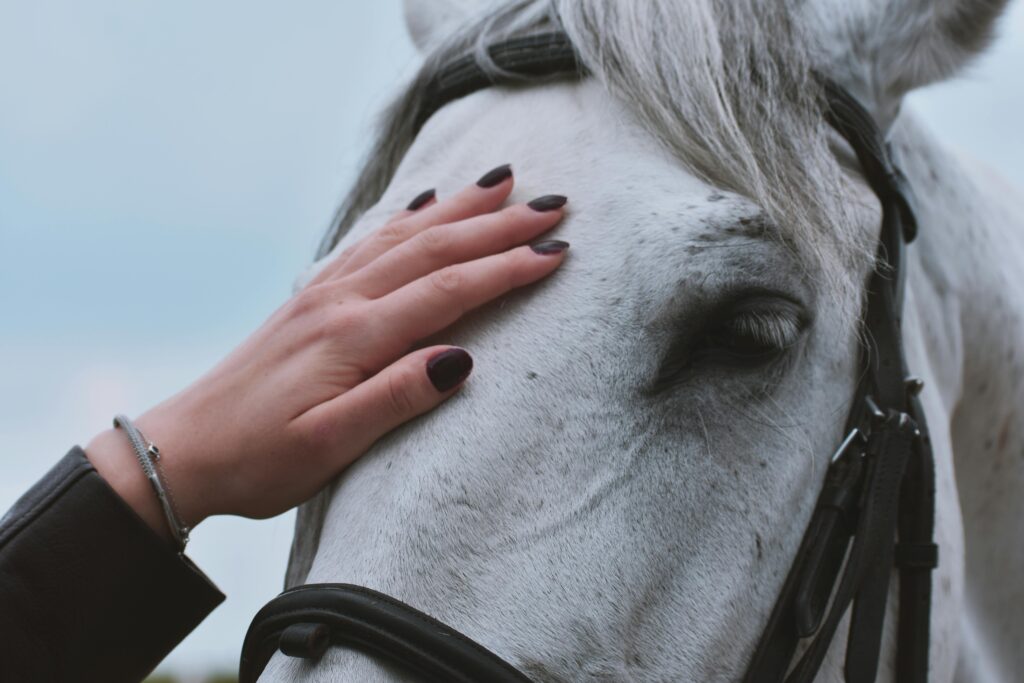
Another thing that is important is their diet. Even though horses are herbivores, which means that their diet primarily consists of plant-based foods, you still need to plan every meal just to make sure your horse gets all the nutrition it needs for a healthy life.
When it comes to food, horses sometimes can be a bottomless pit. Especially racehorses, which require a lot of calories in order to be prepared for tense workouts. Most professional racehorses that managed to win the Kentucky Derby eat around 35,000 calories a day. So, their diet is also tied to their performance.
If you want to go through all the previous Kentucky Derby winners you can find them here: https://www.twinspires.com/kentuckyderby/winners/
Obviously, the nutritional balance for horses is important and in today’s article, we will go through some of the best nutrition tips to keep your horse healthy and happy.
What Do Horses Eat?
The traditional horse diet includes hay or pasture grass, which is enough to provide the essential fiber for degustation and nutrients like carbohydrates. But it isn’t as simple as placing them on an open grass field and forgetting about their diet.
Horses also eat oats, barley, and corn, which are often given for energy and additional nutrients like fat or protein. On top of that, horses can also eat fruits and vegetables as treats. This includes apples, carrots, and leafy greens which are often the main supply source of vitamins, minerals, and hydration.
Therefore, balancing a horse’s diet requires a lot more planning. The goal is to combine hay or grass, grains, and occasional treats in order to meet their nutritional needs and keep them healthy at all times.
How to Balance a Horse’s Diet?
Just so your horse gets all the nutrients, you have to include different products in the horse’s diet. So, besides hay and oats, try incorporating:
- Fresh greens like spinach or kale are perfect for added vitamins and minerals
- Include herbs and spices to make their food more delicious and to boost their immune system and overall health
- Include protein-rich sources like alfalfa and soybean meal to promote muscle development
- Try incorporating essential fatty acids from flaxseed or fish oil just so your horse will have a shiny coat and better health
Hydration
Creating a balanced diet is important, but keeping your horse hydrated at all times is crucial. Just like humans, horses need plenty of water to stay hydrated and aid digestion.
So, make sure that clean, fresh water is always available for the horse, especially during the hot summer days or after an intense exercise session.
Horse Snack Guide
As we mentioned before, horses can be given certain fruits and vegetables as snacks. This is a great way to enhance their diet with more vitamins and minerals that they don’t take from eating hay or grass.
So, what are the perfect snacks that horses can eat?
Well, try healthy options like apples, carrots, or other low-sugar horse treats. Sugary or sweet fruits should be avoided just because they can lead to weight gain or dental issues.
Horse Nutritional Tips
1. Let Them Munch Naturally
Allowing your horse to graze on pasture grass not only mimics their natural behavior but also provides essential nutrients. However, be mindful of overgrazing, which can lead to nutrient depletion and soil erosion.
2. Portion Control: Size Does Matter
Avoid overfeeding by measuring out your horse’s meals. Consult with a veterinarian or equine nutritionist to determine the appropriate portion sizes based on your horse’s age, weight, and activity level.
3. Consider Using Slow Feeders
Slow feeders or hay nets can help mimic natural grazing patterns, promote slower eating, and reduce the risk of digestive issues like colic.
Nutritional Supplements: To Supplement or Not to Supplement?
1. Vitamin and Mineral Supplement
If your horse’s diet lacks certain vitamins or minerals, consider adding supplements under veterinary guidance. Common supplements include vitamin E for immune support and calcium for bone health.
2. Joint Support
For older horses or those engaged in strenuous activities, joint supplements containing glucosamine and chondroitin sulfate can help maintain joint health and mobility.
Final Words
Horses are simple animals when it comes to food. They don’t have any specific requirements, but you can make them even healthier by carefully balancing their diet with other foods that can be the main source of important vitamins and minerals.
With that said, horses cannot eat everything. So, before you introduce something new to their diet, make sure you’ve done plenty of research in order to find out whether or not it is a good idea.
By balancing their diet, you’ll improve their overall health and mood, which is the ultimate goal for every horse owner.
